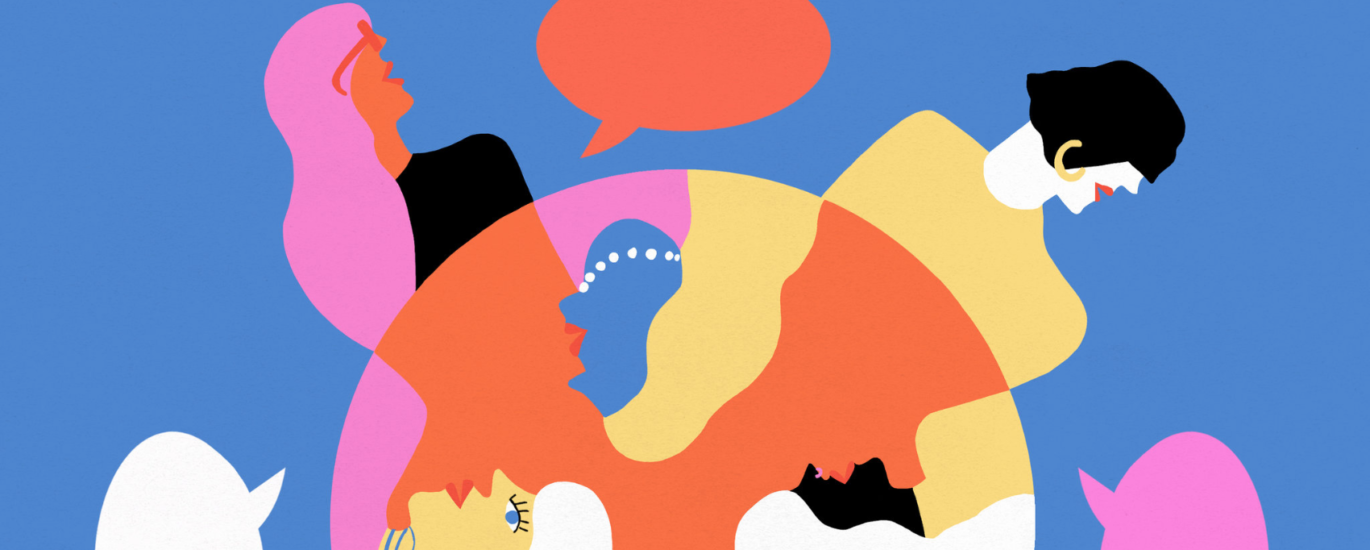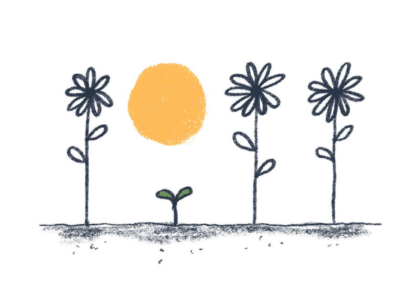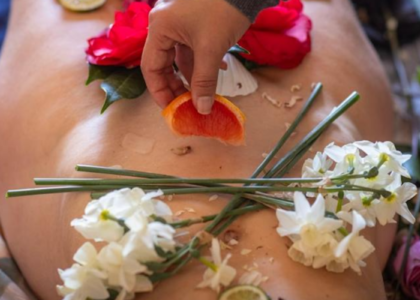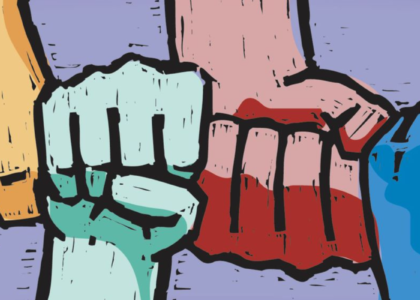Season Three
“I have lived enough to see great changes in the situation of women.”
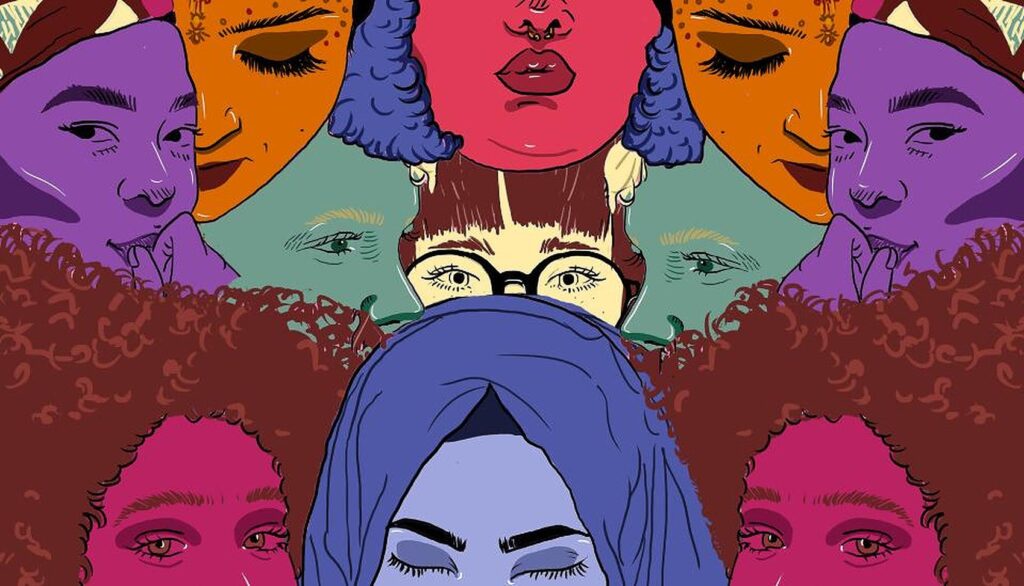
“Little by little, women are chipping away at the patriarchy. The fact [that] we have not been able to replace it yet doesn’t mean we have failed; it means that the job is monumental. But it’s not impossible.
I believe it will happen, but ….only if women are educated, informed, connected and active. It takes very little for us to lose the rights we have obtained. [A] recent example [is] the Taliban. In a few days, women and girls lost all their rights in Afghanistan, and the most awful form of patriarchy took over the country. We have to be vigilant: Given the wrong circumstances, it can happen anywhere.”
― Isabel Allende
Welcome to Season Three
of
Breaking Down Patriarchy
Progress toward equity, democracy, and egalitarian partnership can be slow and messy, and can sometimes backslide again, with women losing rights that they had previously won. According to Isabel Allende, the solution is for women – and all people who support egalitarian partnership – to become more educated, more informed, more connected, and more active. So as we undertake this year-long research project to understand the development of patriarchy all around the world, we’re going to adopt Isabel Allende’s framework.
First. Becoming more educated.
Season 3 will follow the model we used in Season 1. Each week I will read a book on a different topic in global gender studies, and I will discuss it with a guest who has also read – or, in many cases this season – the guest will have written, the book that we’re discussing. We will start with the African continent, touching down in several different countries to discuss essential topics in the history of patriarchy and gender studies. The following month, in honor of Black History Month, we will focus on essential texts by Black authors. Next, we will move North to the Middle East, then onward to Asia, around to the Pacific Islands, on to the Americas, and finally, we’ll finish out the year with a handful of European countries. Each guest this year will have ancestry from the country they discuss in their episode, and in many cases they will be longtime residents of that country, which means they will bring firsthand local experience to the discussion. This lived experience will be critical, as even the most well-intentioned and well-read among us will have misconceptions about other countries and cultures, sometimes created by a lack of exposure or opportunity to learn, and sometimes created by inaccurate media representations. There will definitely be surprises as we discover our own false assumptions and stereotypes.
I will note that in some cases guests may not have lived in the region they discuss, but in those cases they bring to the conversation a passion to learn about their ancestors and family history.
Second. Becoming more informed.
In addition to learning historical facts about how patriarchy developed in each area of the world, we will also learn about current manifestations of patriarchy and movements that have risen to challenge them. As a result of listening to the podcast this year, I guarantee that when you read the news, you’ll have much more context for current events and you will be able to see nuance and detail as well as big picture phenomena with much more clarity.
Third. Becoming more connected.
As I’ve said many times in past episodes, one of my core beliefs is that we are a human family, whose lives are bound up with one another, whether we recognize it or not. As Civil Rights activist Fannie Lou Hamer said, “nobody’s free until everybody’s free,” and my friends, we are not free yet. I believe we have a moral obligation to care about each other and to spend time and effort to understand each other’s realities and develop solidarity with our siblings around the world.
As we forge these connections, we will take a somewhat paradoxical approach.
On one hand, we are all the same, because we are all human beings, and we have many common experiences in our struggle against systems that hurt us and limit our ability to reach our potential. It’s a useful exercise as we hear about other cultures to ask ourselves “how have I seen the same dynamic in my own life, in my own culture?” Maybe it’s a slightly different version, but we may find surprising connections when we show the humility to examine our own cultural practices with objectivity.
On the other hand, we are not all the same. We are all human beings who struggle with patriarchy, but particularly white, American listeners – we need to be careful that we do not place ourselves at the center or as the reference point for everything we hear. As bell hooks and many other scholars of color have pointed out, privileged white women have historically had a tendency to declare “ownership of the movement, placing …poor white women, and all women of color in the position of followers. Initially when feminist leaders in the United States proclaimed the need for gender equality here they did not seek to find out if corresponding movements were taking place among women around the world. Instead they declared themselves liberated and therefore in the position to liberate their less fortunate sisters, especially those in the ‘third world.” (feminism is for everybody, bell hooks, 44-45).
I can tell you right now that I have already interviewed many of this season’s guests, and they are brilliant and courageous and insightful and heroic, and they’re also just normal people. They do not need patronizing, they don’t need anyone to swoop in and save them. People’s lives around the world are the same in some ways, and different in others, and let’s always make sure that the people and cultures we are learning about retain center stage in our minds and in our humanitarian efforts.
Fourth. Becoming more active.
Allende says that we need to become more active, and this season our episodes that highlight human rights violations will include ways that listeners can support the people on the ground who are fighting these battles. Our goal is to show up for them in humility and to follow their lead. Please also join us on social media, at bdownpatriarchy, where we will post links to inspiring initiatives around the world. And please share your own experiences and wisdom with the community so we can learn from each other.
And that’s it! I’m so excited about this season, as we continue our monumental task of “chipping away at patriarchy,” as Allende says. This season will help us become more educated, informed, connected, and active as we travel the globe together.
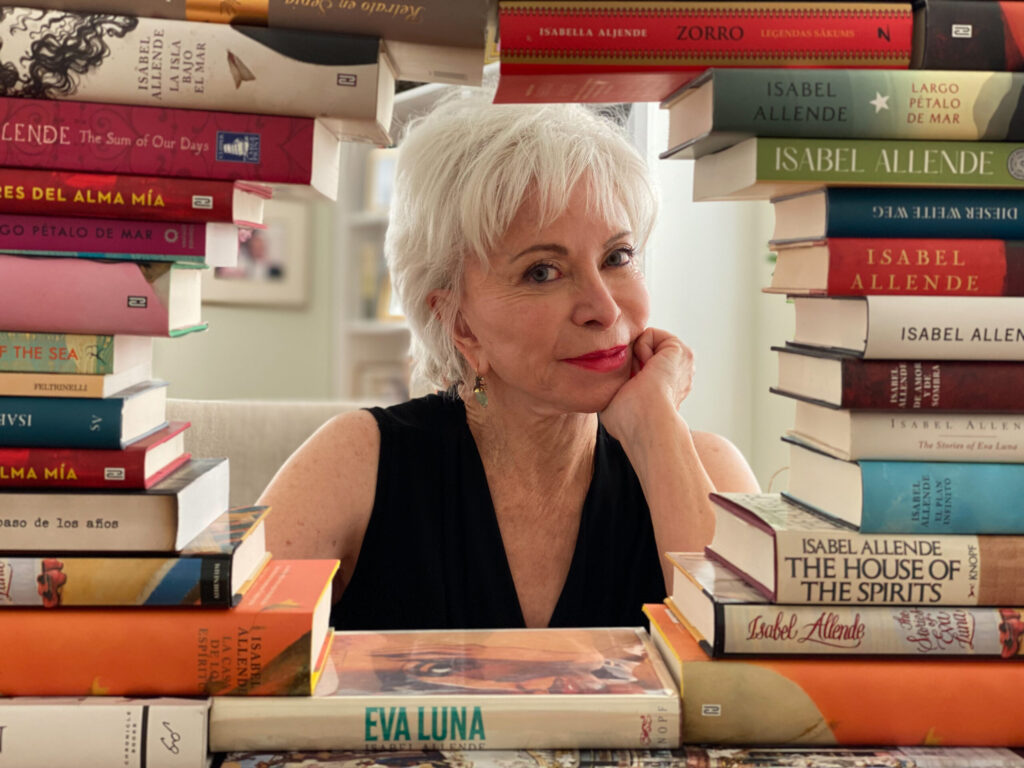
Listen to the Introduction
&
Share your Comments with us below!

